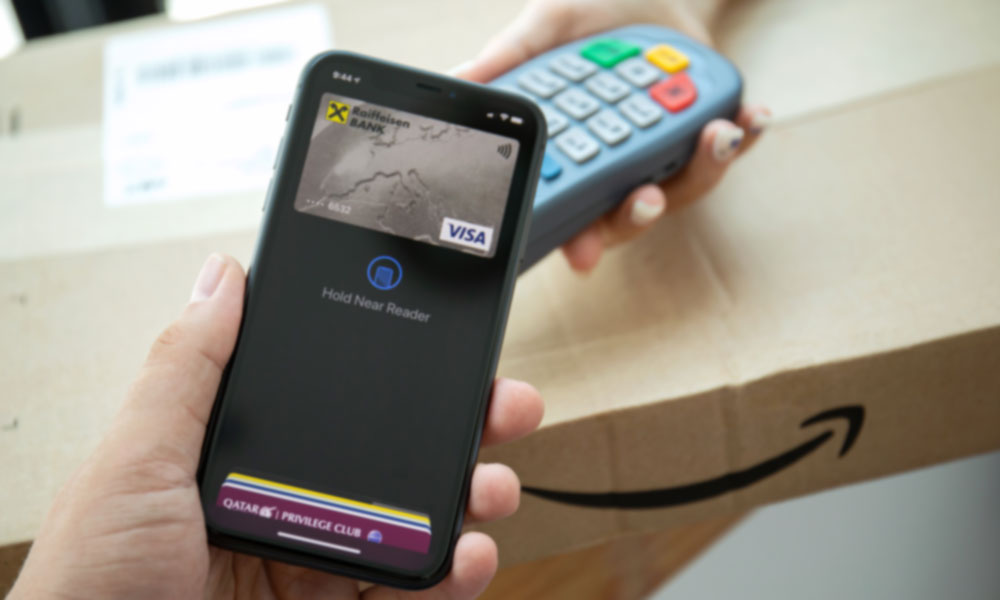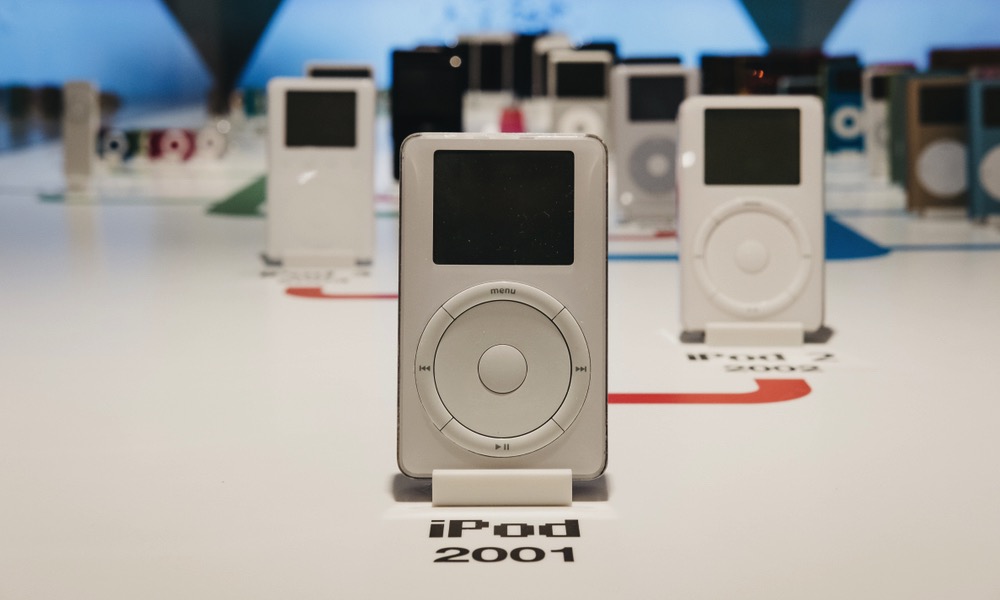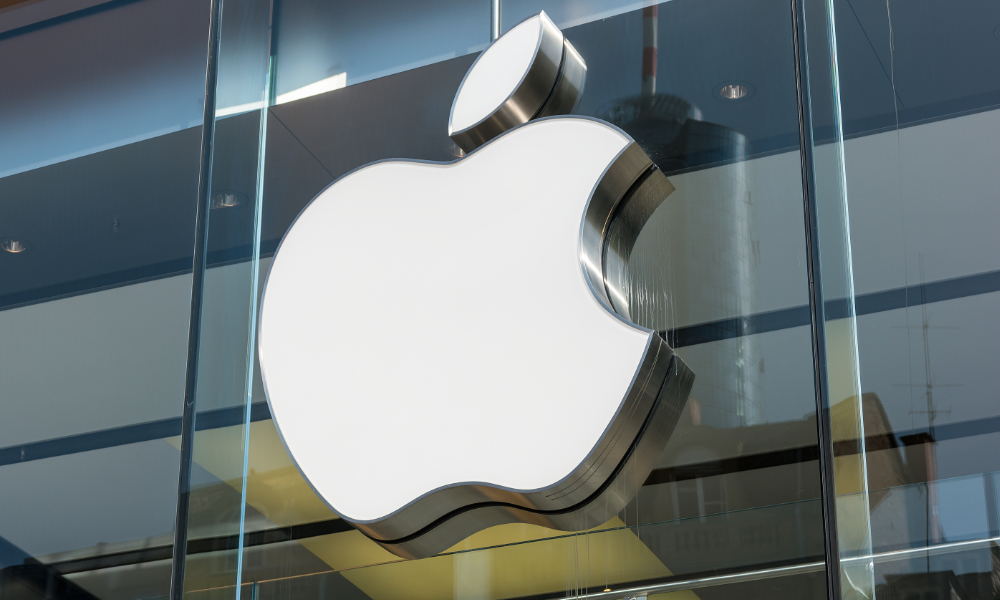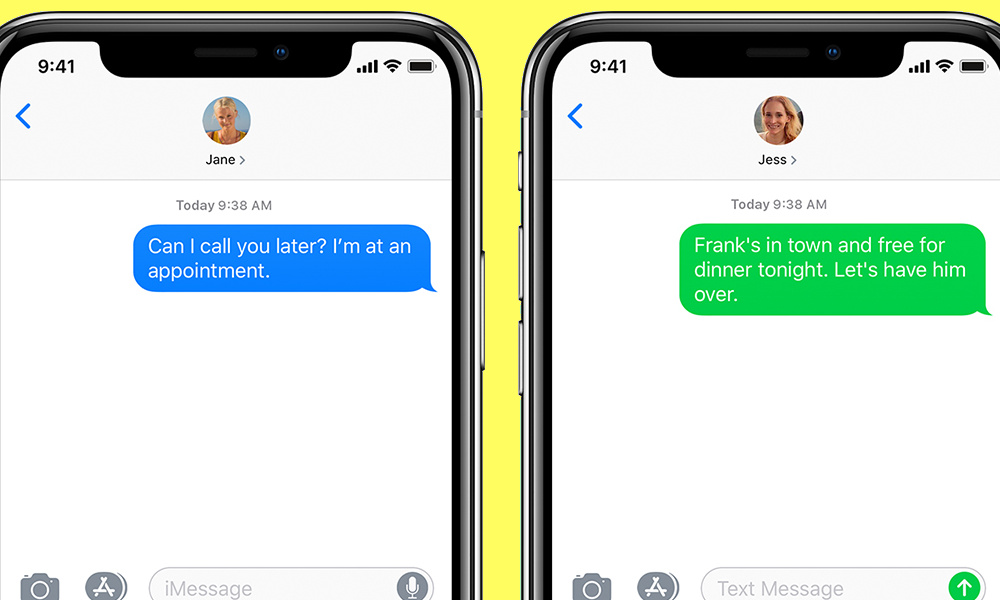US Government Launches Massive Antitrust Lawsuit Against Apple
 Credit: Jonathan Simcoe
Credit: Jonathan Simcoe
Toggle Dark Mode
The United States Department of Justice has just officially filed its anticipated antitrust lawsuit against Apple, and it’s a big one, encompassing nearly every aspect of Apple’s iPhone hardware and software integration.
The lawsuit (via the New York Times) was filed in conjunction with 16 state attorneys general and formally accuses the iPhone maker of maintaining an illegal monopoly in the smartphone market to drive up prices and stifle competition.
US antitrust regulators have been looking Apple’s way for several years, with investigations that nearly culminated in a lawsuit against the App Store in 2020. However, in the midst of Apple’s legal battle with Epic, officials turned their eyes to other big tech companies like Google and Amazon while they waited to see how that case would play out.
However, today’s omnibus lawsuit goes far beyond just the App Store, covering everything from Apple’s prohibition on cloud streaming to its restrictions on iMessage, the Apple Watch, and Apple Pay.
By maintaining its monopoly over smartphones, Apple is able to harm consumers in a wide variety of additional ways. For example, by denying iPhone users the ability to choose their trusted banking apps as their digital wallet, Apple retains full control both over the consumer and also over the stream of income generated by forcing users to use only Apple-authorized products in the digital wallet. Apple also prohibits the creation and use of alternative app stores curated to reflect a consumer’s preferences with respect to security, privacy, or other values.US Department of Justice
The DoJ provides five examples of using contractual restrictions and its position as “an intermediary” between developers and users to “suppress technologies that would have increased competition among smartphones.”
- “Super apps” that could provide a user with “broad functionality in a single app” and a consistent user experience on both iPhone and Android are blocked by Apple, which “harms all smartphone users […] by denying them access to high-quality experiences” and prevents developers from innovating and selling products.
- Suppression of cloud streaming game apps drives customers to more expensive iPhone models by “denying them the ability to play high-compute games” on less expensive phones and harms developers by preventing them from selling such games to users.
- Apple “makes third-party messaging apps on the iPhone worse generally and relative to Apple Messages” by denying them the ability to send and receive “carrier-based messages” (i.e., SMS/MMS) and locks in users by making it difficult to switch phones “without changing the way they communicate with friends, family, and others.”
- Apple blocks the ability for third-party smartwatches to benefit from the same level of integration as the Apple Watch by “suppressing key functions of third-party smartwatches,” such as the ability to respond to notifications and messages. This has harmed smartwatch developers and given the Apple Watch an unfair advantage over them.
- Apple has locked users and financial institutions into Apple Pay by denying them access to third-party wallets that would allow them to “move from one smartphone brand to another with decreased frictions,” “denied users access to digital wallets that would have provided a wide variety of enhanced features,” and prevented banks from offering more sophisticated digital payments services to their own customers.
The lawsuit accuses Apple of deliberately preventing customers from having choices as an “obstacle to Apple’s ability to maintain its monopoly.”
Apple keenly understands that while a community of developers and accessory makers is indispensable to the success of the iPhone, they also pose an existential threat to its extraordinary profits by empowering consumers to “think different” and choose perfectly functional, less-expensive alternative smartphones.US Department of Justice
While the DoJ concedes that Apple “invites as many participants to join its platform as possible,” it also locks them in with “contractual terms that force [them] to pay substantial fees” and restricts their ability to “negotiate or compete down its fees through alternative app stores, in-app payment processors, and more.”
The lawsuit calls out the “immediate and obvious” consequences of Apple’s conduct as being more expensive iPhones and a lack of choice by consumers, citing apps, iMessage, and gaming as the primary examples of this, while noting that “Apple’s anticompetitive conduct” has benefited its shareholders “to the tune of over $77 billion in stock buybacks in its 2023 fiscal year alone.”
Apple inflates the price for buying and using iPhones while preventing the development of features like alternative app stores, innovative super apps, cloud-streaming games, and secure texting.US Department of Justice
However, the DoJ also calls out what it believes are the less obvious areas where Apple’s behavior is stifling innovation, not only from third-party developers but also even within Apple, which has been settling for releasing features that are merely “good enough” for iPhone users.
What’s more, Apple itself has less incentive to innovate because it has insulated itself from competition. As Apple’s executives openly acknowledge: “In looking at it with hindsight, I think going forward we need to set a stake in the ground for what features we think are ‘good enough’ for the consumer. US Department of Justice
While Apple still spends billions on research and development, the DoJ says it’s “not surprising” that the company spent more than twice that on stock buybacks and dividends for its investors. It goes on to cite Apple executives as saying that existing iPhone features we enjoy today would still be “good enough” to introduce today as brand new features and that “anything new and especially expensive needs to be rigorously challenged before it’s allowed into the consumer phone.”
The DoJ also puts the lawsuit in an interesting context, suggesting that Apple has become the monopoly it once fought so stringently against. The iPod, iTunes, and the iTunes Store were launched in the aftermath of the landmark antitrust case against Microsoft’s dominance in the PC market. Had it not been for this lawsuit, the DoJ suggests, Microsoft would have blocked iTunes from ever being available on Windows, and the iPod would likely have failed to gain any meaningful traction.
Apple’s fortunes changed around the time it launched the iPod in 2001. Innovative design and savvy marketing had not been enough to drive a successful business strategy. This time, the confluence of several factors made it a smash success. Apple’s iTunes application allowed iPod users to organize their song library and update their iPod. A path-clearing antitrust enforcement case, brought by the United States and state attorneys general, against Microsoft opened the market and constrained Microsoft’s ability to prohibit companies like Apple from offering iTunes on Windows PCs.US Department of Justice
However, the DoJ argues that not only did that lawsuit of two decades ago pave the way for Apple’s dominance, it also provided “a recipe for the future” by giving Apple “a high-end device, a large number of platform participants, and a digital storefront.”
The US Department of Justice and state attorneys general are bringing the lawsuit under Section 2 of the Sherman Act to “challenge Apple’s maintenance of its monopoly over smartphone markets, which affect hundreds of millions of Americans every day.”
Plaintiffs bring this case to rid smartphone markets of Apple’s monopolization and exclusionary conduct and to ensure that the next generation of innovators can upend the technological world as we know it with new and transformative technologies.US Department of Justice
As a minimum, the plaintiffs are asking the courts to require Apple to open up app distribution to allow “cross-platform technologies such as super apps and cloud streaming apps” and open up its private APIs to allow third-party messaging apps, smartwatches, and digital wallets to play nicely with the iPhone. Apple should also be prevented from using contracts to lock in developers, accessory makers, and customers.
Apple’s Response
It wasn’t a big secret that this lawsuit was coming, so Apple naturally had its own response available almost immediately. In a statement to the press, it called the lawsuit “wrong on the facts and the law” and said that if it’s successful, it will change the face of Apple and the iPhone in a way that most of its customers won’t appreciate.
At Apple, we innovate every day to make technology people love — designing products that work seamlessly together, protect people’s privacy and security, and create a magical experience for our users. This lawsuit threatens who we are and the principles that set Apple products apart in fiercely competitive markets.
If successful, it would hinder our ability to create the kind of technology people expect from Apple — where hardware, software, and services intersect. It would also set a dangerous precedent, empowering government to take a heavy hand in designing people’s technology. We believe this lawsuit is wrong on the facts and the law, and we will vigorously defend against it.Apple
A massive lawsuit such as this will likely spend years in the courts before we get any kind of resolution, especially since Apple is certain to appeal any decisions it disagrees with all the way to the Supreme Court. By that point, it may not even matter anymore.
After all, Apple has already addressed some of the claims in the lawsuit, at least partially. This case has been years in the making, and Apple undoubtedly saw the writing on the wall. It changed course to allow cloud gaming services in January, and it’s announced that RCS support in the Messages app will come by the end of this year.
It remains to be seen whether these changes will be enough to satisfy the DoJ on those two points. On the surface, the policy change for cloud gaming would seem to nullify the DoJ’s argument against Apple, but Microsoft doesn’t think Apple has gone far enough, and its other App Store policies may still get it in trouble there.
The DoJ’s claims regarding messaging are considerably more confusing, as it’s not entirely clear it understands the issues at play. For instance, the lawsuit accuses Apple of “knowingly and deliberately degrading quality, privacy, and security for its users and others who do not have iPhones” while arguing in the very same paragraph that Apple should allow third-party apps to access “carrier-based messages,” seemingly missing the fact that the inherent inferiority of SMS/MMS messaging isn’t Apple’s fault.
The lawsuit maintains that Apple’s decision to implement RCS “would not cure Apple’s efforts to undermine third-party messaging apps” because they would be restricted from using RCS in the same way they’re already prevented from accessing SMS.
The DoJ argues that allowing third-party apps to access SMS (and eventually RCS) would level the playing field by allowing iPhone users to opt out of Apple’s Messages app entirely and “help third-party messaging apps grow their network and attract more users” while also providing more advanced features such as scheduling text messages.
However, in what feels like much more of a stretch, the DoJ explicitly blames Apple for the “degraded user experience” when an iPhone user messages someone on a rival smartphone, again seemingly oblivious to the fact that there’s not much Apple can do about that.
If an iPhone user messages a non-iPhone user in Apple Messages — the default messaging app on an iPhone — then the text appears to the iPhone user as a green bubble and incorporates limited functionality: the conversation is not encrypted, videos are pixelated and grainy, and users cannot edit messages or see typing indicators. This signals to users that rival smartphones are lower quality because the experiences of messaging friends and family who do not own iPhones is worse — even though Apple, not the rival smartphone, is the cause of that degraded user experience.US Department of Justice
Even if Apple were to release iMessage for Android, the experience would be diminished unless the person on the other end chose to install that app.
At most, Apple could avoid color-coding its messaging bubbles, but that wouldn’t eliminate the “social stigma, exclusion, and blame” that the DoJ claims non-iPhone users experience. It would just make the reasons less obvious when chats are downgraded because everyone has to settle for the least common technological denominator of SMS.
This will hopefully improve once Apple adopts RCS, but since even that’s not universally adopted among phones and carriers, it won’t happen overnight. SMS will still be with us for a long time, and anybody participating in chats with older smartphones and feature phones will still encounter a degraded experience. There’s no way anybody should be pointing the finger at Apple for that one.











